HC keeps article 70
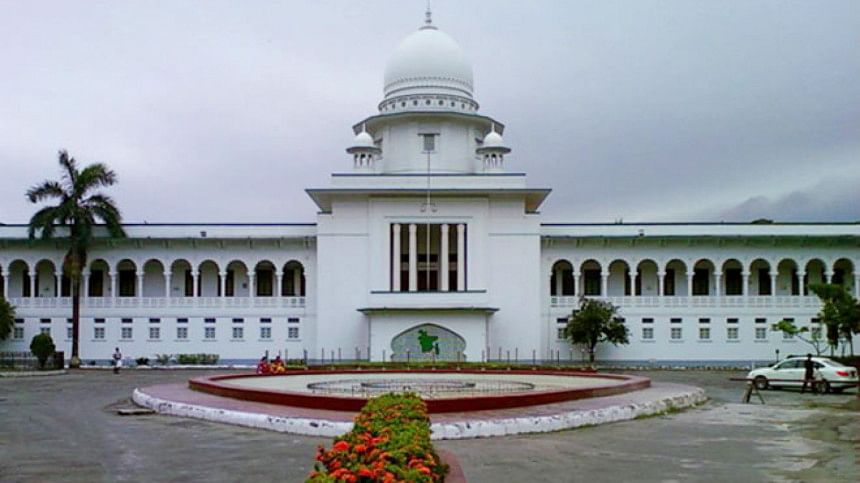
The High Court yesterday upheld the article 70 of the constitution under which lawmakers lose their seats in parliament if they vote in the House against their own party.
The bench of Justice Abu Taher Md Saifur Rahman summarily rejected a writ petition that challenged the legality of the article.
Attorney General Mahbubey Alam told The Daily Star that article 70 of the constitution will remain in force.
Parliamentary membership of lawmakers who vote against their political parties will be cancelled, he added.
Full text of the HC observations was not released.
Deputy Attorney General Md Enamul Haque Molla told this correspondent that the HC rejected the writ petition on the ground that the court could not interfere in the article 70 of the constitution as the provision was incorporated in the constitution of 1972.
Though few amendments had been made to this article, its original provisions were established in the constitution, he said citing the HC observations.
The parliament members are elected from the political parties under their political manifesto and people elect them as per their political manifesto. The members of the parliament cannot vote against their political parties, the HC observed.
If the parliament membership of any lawmaker elected from a political party is scrapped, he or she can be reelected independently and can voice in the parliament, the bench observed.
Enamul said the HC bench termed the observation made by the then chief justice Surendra Kumar Sinha about article 70 of the constitution in the Supreme Court's Appellate Division's judgment in the 16th amendment case as non-legally binding.
The Appellate Division in July last year upheld the HC verdict that scrapped the 16th amendment which empowered parliament to remove SC judges for incapacity or misconduct.
In the verdict, Justice SK Sinha said, “By reason of article 70 of our constitution and its impact on members of Parliament leads to the irresistible conclusion that this new mechanism cannot be expected to function independently and neutrally if a judge attracts displeasure from the political party in power, he may be subjected to removal by parliament”.
On January 15 this year, a two-judge HC bench gave a split order on the same writ petition that challenged the article 70 of the constitution.
Justice Moyeenul Islam Chowdhury, senior judge of the two-member HC bench, had issued a rule on the government, asking why the article should not be declared unconstitutional.
Justice Md Ashraful Kamal, the other judge, had summarily rejected the petition.
In his order, Justice Moyeenul said members of parliament could not discharge their duties properly as they could not express their opinions independently because of article 70.
The MPs are not independent as they cannot vote against their party decisions and that is why they are subservient to their parties, he noted.
Political parties, not the people, are the source of all powers under article 70, although the people are the source of all powers under article 7 of the constitution, Justice Moyeenul said.
The Appellate Division of the Supreme Court has accepted the HC observation regarding article 70 in the judgment of the 16th amendment case, he said in his order.
Justice Moyeenul in his order said it was mandatory for the HC Division to abide by the Appellate Division verdict.
There are elements for issuing a rule in response to the writ petition that challenged article 70, he said.
Advocate Eunus Ali submitted the writ petition with the HC on April 18 last year challenging the legality of article 70 of the constitution saying that the article was against democracy and articles 7, 19, 26, 27, 44, 31 and 119 of the constitution.

 For all latest news, follow The Daily Star's Google News channel.
For all latest news, follow The Daily Star's Google News channel. 


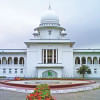
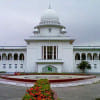
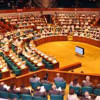
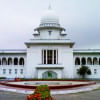


Comments